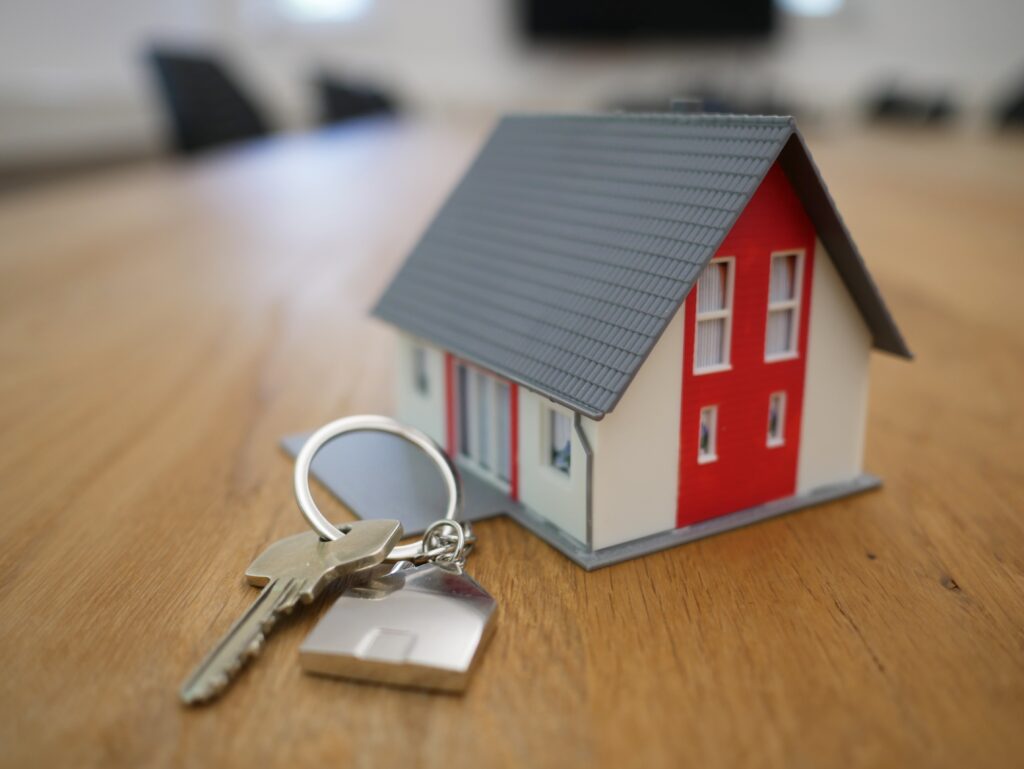Many young people dream of getting on the property ladder. However, saving for a house deposit can feel impossible, especially with rising living costs. The return of the 5% deposit mortgage is a helpful solution for first-time buyers. But is it a lifesaver, or does it carry hidden risks?
A 5% deposit mortgage lets you buy a house by putting down only 5% of the home’s price as a deposit. For example, if the house costs £200,000, you need just £10,000 to start. The bank loans you the remaining 95%. This type of mortgage is also called a 95% Loan-to-Value (LTV) mortgage.
These mortgages are popular with people who don’t have big savings. They allow buyers to start owning a home faster. But there’s more to consider before you jump in.

Why It Could Be a Lifeline for First-Time Buyers
There are several reasons why a 5% deposit mortgage can be helpful.
- Saving even 10% for a house deposit can take years. For a £200,000 house, that’s £20,000. But with a 5% deposit, you only need £10,000. This helps first-time buyers get on the property ladder more quickly.
- Renting can be expensive and doesn’t help you save for your future. With a mortgage, your monthly payments go toward owning your own home. This makes a mortgage a smarter choice if you can afford the payments.
- The UK government supports 5% deposit mortgages with its Mortgage Guarantee Scheme. This scheme encourages banks to offer these loans and makes it easier for buyers to qualify.
- There are now 442 5% deposit mortgage deals to choose from, the highest number since 2008. With more options, buyers may find a deal that fits their budget.
Why It Could Be a Trap?
While there are positives, you must be aware of the risks involved. Lenders charge more interest for 5% deposit mortgages. This happens because the bank takes on more risk with a low deposit. For example, someone borrowing £190,000 at 4.84% interest might pay £1,093 monthly. However, someone with a bigger deposit, borrowing £150,000 at 4.14%, may only pay £803 monthly. The difference in monthly payments can add up.
Negative equity happens when you owe more to the bank than your house is worth. For example, if you borrow £190,000 but the house price drops to £180,000, you’ll still owe £190,000. This can make it hard to sell your home or remortgage later. Flats and new builds are more likely to lose value quickly, so be extra careful if you’re buying one of these.
When you buy a house with a low deposit, you start with very little equity. Equity is the portion of the house you own outright. If house prices don’t rise, it can take years to build up equity, making it harder to access additional funds in the future.
Not everyone can qualify for a 5% deposit mortgage. Most banks will only lend you up to 4.5 times your annual income. For example, to buy a £500,000 home with a 5% deposit, you’d need an income of around £100,000. Also, many lenders won’t offer these loans for new builds, as they lose value quickly after purchase.

Real-Life Struggles of Buyers
Rising costs make it tough for young people to save for a deposit. Take Doug from Tewkesbury, for example. At age 30, he wanted to buy a home for his family. But with high rent and living costs, saving for even a small deposit felt impossible. Like many others, he’s stuck renting, hoping for an affordable option.
Tips for First-Time Buyers
If you’re considering a 5% deposit mortgage, take these steps to make a smart choice:
- Compare Deals: Look at interest rates and payment terms from different lenders. Shopping around can help you find the best option.
- Save for Extra Costs: Buying a house involves other expenses, like legal fees and moving costs. Make sure you budget for these.
- Consider Overpaying: Pay more than your monthly mortgage amount. This will reduce your loan faster and build your equity.
- Talk to Experts: Mortgage brokers and financial advisors can help you understand your options. They can make sure you don’t overcommit financially.
- Think Long Term: If you plan to sell or move in a few years, consider other options. High-LTV loans can trap you if house prices fall.
Thinking about a 5% mortgage? Take the time to explore all your options and decide what works for you. Homeownership might be closer than you think!
Thank you for reading, click the link to read more of our Advice articles




Leave a Reply
You must be logged in to post a comment.